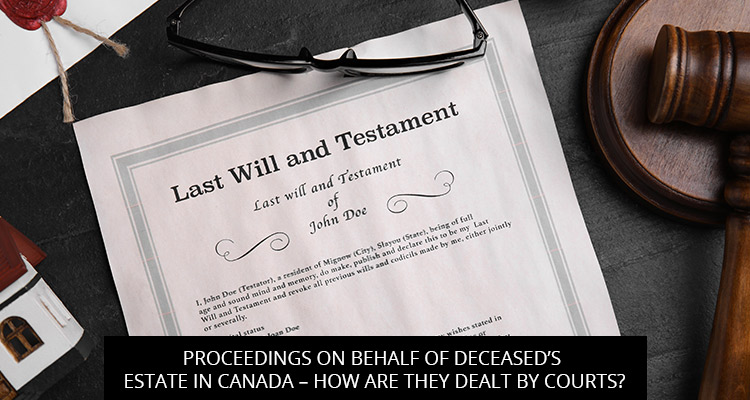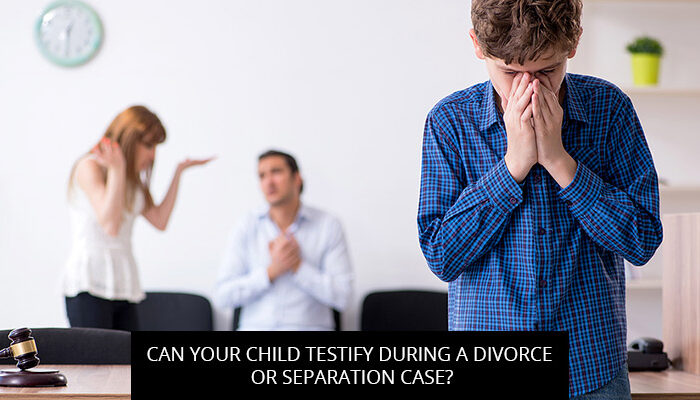
In Canada, wills are governed by provincial and territorial laws. The key legislation that governs estate law in Canada includes the Wills, Estates and Succession Act (WESA) in British Columbia, the Succession Law Reform Act (SLRA) in Ontario, the Civil Code of Quebec, and the Estates Act in Saskatchewan.
Wills can be complex legal documents that may be subject to interpretation issues. Disputes may arise over the meaning of certain terms, or whether certain assets should be included in the estate.
Similarly, changes to the will can become a source of conflict. If someone makes changes to their will later in life, questions may arise about whether they had the capacity to make those changes, or whether they were unduly influenced.
In estate matters, identification and valuation of the assets of the estate is crucial as it helps to identify all assets of the estate, including any bank accounts, property, investments, and personal belongings. Oftentimes, the issues may arise on the total valuation of the estate of the deceased.
In today’s blog post, the case of Hoggan v. Silvey will be discussed that will articulate how beneficiaries can initiate proceeding against other beneficiaries on account of deceased’s estate.
If you suspect that one beneficiary of a deceased person’s estate is using the funds inappropriately, it is important to take action to protect the interests of all the beneficiaries.
Background Of Hoggan v. Silvey
In the case of Hoggan v. Silvey, the estate belonged to Marjory Hoggan who died in 2018. Hoggan had three daughters named Louise, Linda, and Lorna.
As per the testamentary instrument made by Hoggan, Lorna’s husband was the executor of the estate.
During Hoggan’s lifetime, Lorna and her husband (the Silveys’) often visited and helped out Hoggan in the household and with errands. Around 2000s, Hoggan’s health was gradually failing, Hoggan made Lorna her account’s joint holder and she became the power of attorney for Hoggan’s estate.
Since Hoggan and Lorna had a close relationship, Lorna withdrew funds from the joint account and before the estate was nominated for distribution, the withdrawal amount was almost $153,000.00.
Where Did The Dispute Arise?
Now, the actual dispute was not about the funds that encompassed Hoggan’s estate instead these were the transferred funds that became the cause of dispute. Therefore, other two sisters Louise and Linda resorted to section 151(3)(b) of the Wills, Estates and Succession Act, (WESA) 2009, under which proceedings can be initiated by the beneficiaries of the estate if it seems to the court that bringing or defending the proceeding is necessary or expedient for the preservation of the estate or the interests of a specific person.
How The Case Was Decided At The Trial Court?
If a closer look is taken at section 151, the requirements to initiate a court proceeding against the deceased’s estate are following:
- The case is arguable
- The likelihood of the remedy might result in balancing the inconvenience to the deceased’s estate due to litigation;
- The court proceedings are necessary for the protection of best interests of the estate.
What Happened After The Trial Stage?
At trial stage, the proceedings initiated by Louise and Linda did not sustain against the Silveys’. However, when the case went for appeal, the sisters’ arguments sustained.
The appeal court drew a broader deduction of the word “or” contained in section 151(3)(b) of WESA. It was ruled that the word “or” indicated separate not cumulative factors.
Considering the non-cumulative nature of factors under section 151(3)(b) of WESA, there are four factors that each provide a way to file a suit on account of a decedent’s estate. These are:
- If it is necessary for protection of the estate,
- If it is expedient for the preservation of the estate,
- It is to safeguard that person’s interests; OR
- Protecting the interests of a certain person may be necessary.
Appeal Allowed
Therefore, due to the Louise and Linda’s appeal was upheld by virtue of disjunction in the factors of section 151(3)(b) of WESA, which propounds that the proceedings can be commenced if any of the four factors are present.
We Can Guide You!
Ultimately, the best course of action will depend on the specific circumstances of the situation. It is important to act promptly and seek professional advice if you suspect that estate funds are being misused. For tailored professional legal advice, get in touch with the estate lawyers at Ayaz Mehdi Professional Corporation.
Disclaimer: Kindly note that sending or receiving information through this site does not establish a solicitor-client relationship. Legal matters are fact-specific, and the law is variably changing. The views expressed and the content provided on this blog are general guidelines and cannot substitute for proper legal advice. Schedule your legal consultation by clicking here: Let’s meet!






